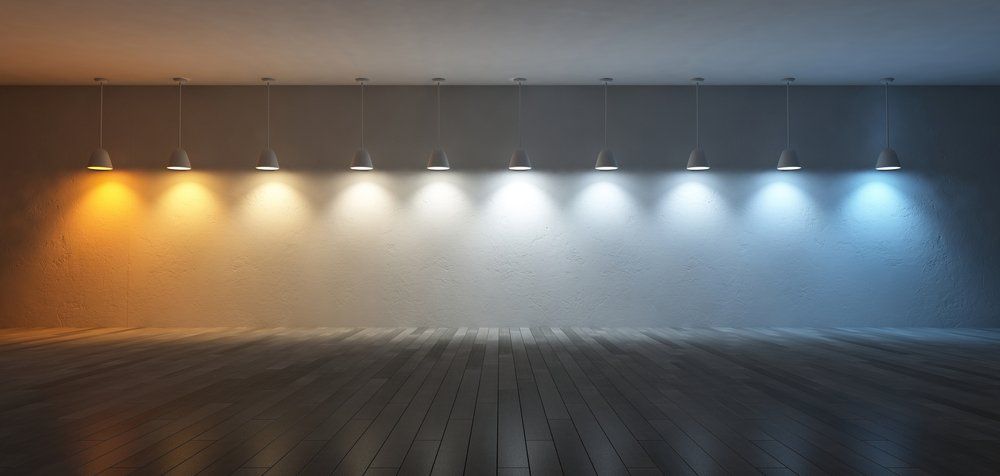New England Energy Audit Teams up with Apollo Lighting to Reduce Energy Costs for Building Owners and Property Managers
Justyn Faber • October 16, 2017

New England Energy Audit has partnered with Apollo Lighting. Apollo Lighting, out of Holbrook MA, will be NE Energy Audit's exclusive lighting product provider.
NE Energy Audit will conduct the no-cost energy audits, focusing on Lighting efficiency and Apollo will provide pricing and the product. Building owners and property managers will be able to take advantage of Mass Save's upstream program where they will offer huge rebates on retrofit costs.
Navigating Massachusetts' Updated Energy Codes: A Guide for Commercial Property Owners Massachusetts has implemented updated energy codes to promote energy efficiency and reduce carbon emissions in commercial properties. Understanding these codes is essential for property owners to ensure compliance and optimize building performance. 1. Base Energy Code and Stretch Code The Base Energy Code serves as the minimum energy efficiency standard in Massachusetts. Additionally, the Stretch Code offers a more stringent option adopted by municipalities to achieve higher energy performance. As of 2024, 254 towns and cities have adopted the Stretch Code, impacting commercial property requirements. Dimella Shaffer 2. Building Electrification Requirements The updated stretch energy code mandates that by July 1, 2024, commercial buildings with gas hookups must achieve a Home Energy Rating System (HERS) score of 42, while all-electric buildings must score 45. This encourages the adoption of electric systems for heating, cooling, and cooking to meet energy efficiency standards. S&P Global 3. Compliance Deadlines and Penalties Property owners must adhere to compliance deadlines to avoid penalties. Staying informed about code updates and implementing necessary changes promptly is crucial for maintaining compliance and avoiding potential fines. 4. Resources and Support Mass Save offers resources and support to help property owners navigate energy code requirements, including energy assessments and financial incentives for energy-efficient upgrades. Utilizing these resources can facilitate compliance and improve building performance. Mass Save By understanding and adhering to Massachusetts' updated energy codes, commercial property owners can enhance energy efficiency, reduce operational costs, and contribute to the state's

LEDs are "solid-state" technology. While an incandescent or fluorescent light bulb uses a vacuum or gas to produce light, an LED uses solid matter. The production of light by an LED depends on passing electrons across a semi-conducting diode. On this small strip of metal, some electrons will transfer onto the positive side into gaps in the conducting diode until stimulated by a current. When stimulated, electrons move from negative to positive on the diode, passing from higher to lower orbitals, and back again. When they go from high to low orbitals, the electrons produce visible light. This transfer of electrons explains why different metals, with different electron configurations, produce different colored light when stimulated by a current.
http://www.elp.com/articles/2018/01/walmart-led-lighting-expansion-hits-1-5-million-mark.html


